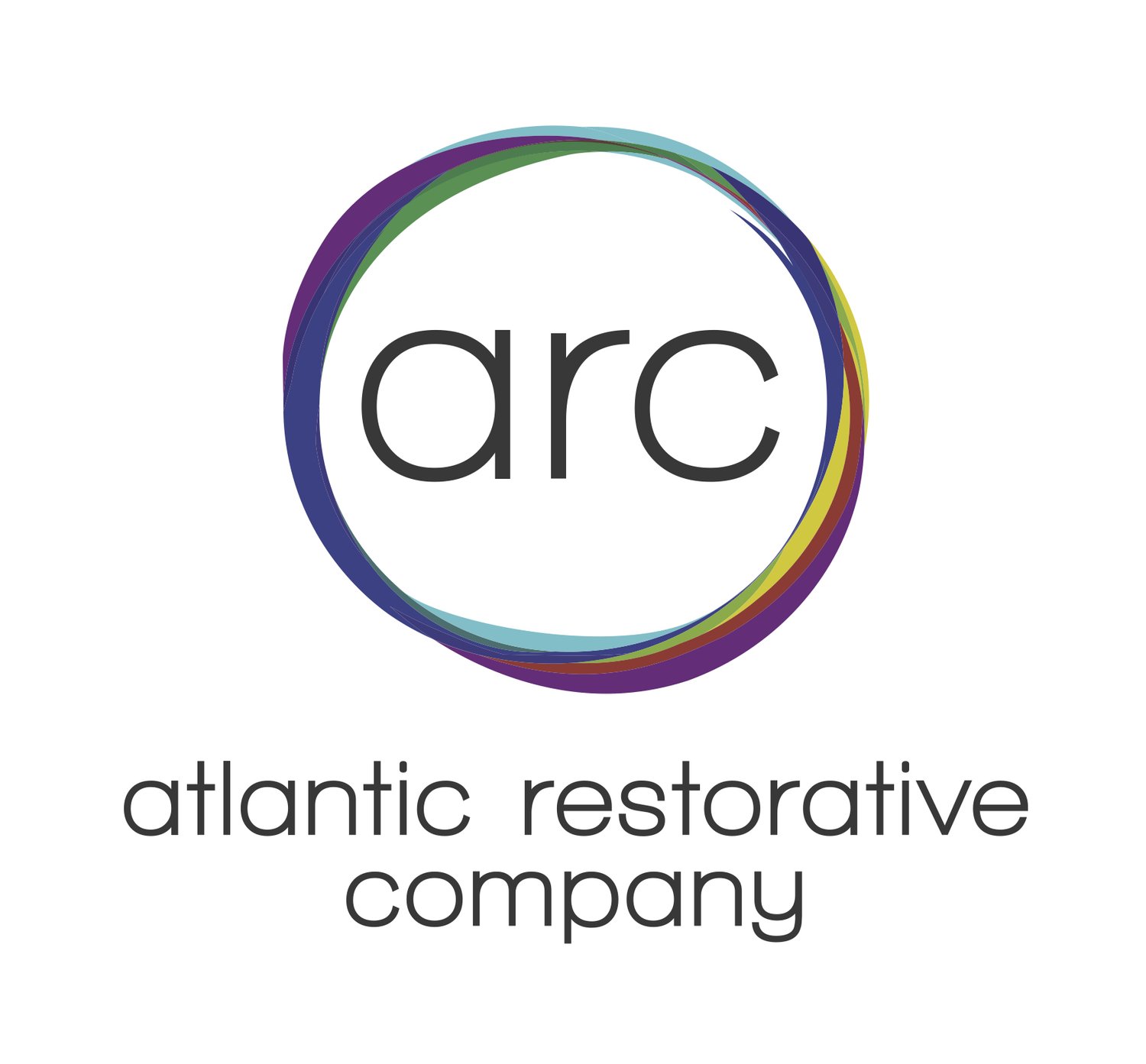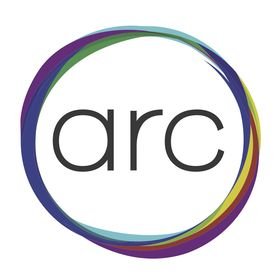Restorative Processes
Statement of Practice
Gola Taraschi-Carr, facilitator, commits to a practice that reflects the pathway of restorative justice and restorative practices. When relationships have been broken, or conflict and/or harm has occurred, her role as facilitator is to create the space for respectful, safe and productive dialogue that focuses on three fundamental areas of inquiry: “What happened?”; “Who has been affected and how?”; and “What needs to happen to make things right?”. She utilizes socratic method, appreciative inquiry and non-violent communication to engage others. This builds learning and understanding, increases empathy and mobilizes strengths so that people can problem solve their own issues productively. She is committed to a compassionate approach that creates the space to hold individuals accountable and support them in making things right with those they have harmed or affected. Her approach is inclusive and includes everyone- those who have harmed others, those who have been impacted or hurt, and family and community members who care about both parties. She strives to engage all parties in a restorative manner which values fair process, collaborative dialogue and seeks to repair/strengthen relationships, foster goodwill, and assist in satisfying forward movement from the matter, conflict or dispute at hand.
Structure of the Restorative Process
The restorative process will be conducted in three stages: “Pre-meeting” preparation; the “Restorative Meeting”; and Post Meeting Check in.
1. Pre-Meeting Preparation: Gola meets individually with all participants. Each participant will be given information on the process and its objectives and have their questions answered. In these separate meetings with all parties, Gola explores the main issues, challenges, and needs arising from the matter at hand. Participants are also asked to think about what is needed to provoke satisfying forward movement on the issue. All participants are also asked to sign this agreement with Gola that outlines mutual expectations of the process.
2. The Restorative Meeting: This meeting is a highly structured, dialogue driven process that is led by the Gola. The circle meeting is the first time that all parties are in the room at the same time in order to discuss what happened, learn how individuals were affected, and share their ideas on making things right. At the meeting, participants are asked to sit in a circle without tables and to answer questions in turn. Gola ensures that no one is interrupted and that everyone has a chance to speak in turn as appropriate. Both respect and allowing everyone to express their own unique point of view are key guidelines of the circle meeting. This is where participants can move towards generating ideas for moving forward or problem-solving and Gola will record ideas that reflect input from everyone. Ideas generated at the meeting may form an agreement to be forwarded to all participants and authorized authorities post-meeting. The purpose of the agreement is to formally conclude the process and provide everyone with a record to inform movement forward from the issue at hand.
3. Post-Meeting Check-In: In the third and final stage of the process, Gola will check in with participants via meetings or telephone calls to ensure that they are supported in processing what happened at the meeting. At this stage, Gola also works to support and facilitate good will between participants. Where ideas/commitments have been made by a party/parties, Gola will often act as a communication hub to relay progress and offer support in helping people follow through on commitments made to others..
Expectations of Parties
All parties should work with Gola in good faith and have the intention to complete the process outlined above. It is, however, understood that any party can withdraw from or suspend their participation in the process at any time, for any reason or no reason. The parties also understand that the Gola may suspend or terminate the process, if she feels that the process will lead to an unreasonable result, if an impasse has been reached, or if Gola determines that she can no longer effectively perform her role. The parties understand that the Gola must remain impartial throughout and after the process. Thus, Gola will not champion the interests of any party over another in the process, she will be impartial as to party and neutral as to the results of the process. Gola will seek to affirmatively reveal any operative biases and will disclose any conflict of interest with a party of parties prior to the beginning of the process and will excuse herself from acting in the role of facilitator if necessary.
Costs for restorative processes are dependent on the number of parties involved in a matter and the complexity of presenting issues. Services are based on a hourly rate that reflects various stages of the process. The authorized authority or financially responsible party will receive an estimate of the cost of services and will be expected to sign a service contract with ARC prior to beginning work with Gola. If at any time, parties are unable to continue in the process, ARC will only bill for work completed.
Please note that due to current contractual obligations, Gola is not currently offering her consultative services within Nova Scotia.
If you are outside of Nova Scotia and would like to receive a complimentary consultation on the needs of your organization, please connect directly with Gola at gola@arcworks.ca or call 902-219-2619. You can also learn more about Gola’s work and practice history here.

